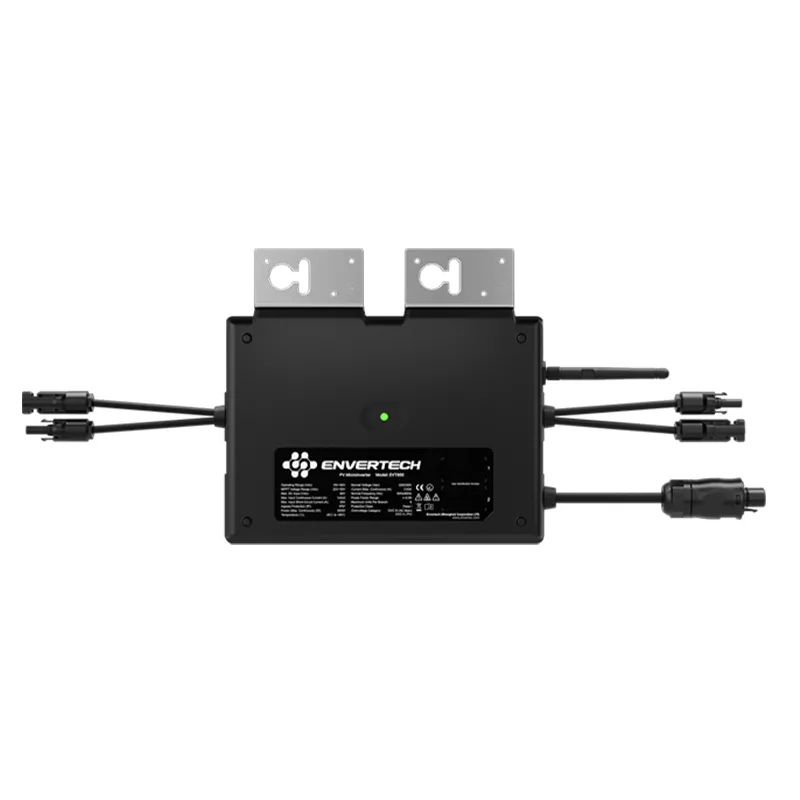Understanding Solar Panel Wattage for Efficient Energy Production and Use
Understanding Solar Panel Wattage A Key to Harnessing Solar Energy
As the world shifts towards renewable energy sources, solar power has gained immense popularity due to its numerous benefits, including environmental sustainability and energy independence. Among the various aspects of solar energy systems, wattage is a critical factor that influences the performance and efficiency of solar panels. This article delves into solar panel wattage—what it means, its importance, and how it affects solar energy systems.
What is Solar Panel Wattage?
Wattage, in simple terms, refers to the amount of electrical power that a solar panel can produce under standard testing conditions. It is typically represented in watts (W), and the wattage rating of a solar panel gives consumers an idea of its output capability. For instance, a solar panel rated at 300 watts has the potential to produce 300 watts of electrical power per hour under optimal conditions.
Solar panels are often grouped into categories based on their wattage output, with common ratings ranging from 250 watts to over 400 watts for residential systems. It is essential to note that the wattage rating of a solar panel does not account for variations in environmental factors such as sunlight intensity, temperature, and shading, which can all impact actual performance.
Why is Wattage Important?
Understanding solar panel wattage is crucial for several reasons
1. Energy Needs Assessment Before installing a solar energy system, homeowners should assess their energy consumption. By knowing how much energy their household uses, they can determine the total wattage of solar panels needed to meet their electricity needs. This assessment ensures that the system can generate enough power to offset electricity bills effectively.
2. System Sizing The wattage of solar panels plays a significant role in calculating the overall size of the solar energy system. More wattage typically means fewer panels are needed to achieve the desired energy output. For instance, using higher-wattage panels can optimize roof space, allowing homeowners to install a more powerful system without needing an excessive number of individual panels.
3. Cost Efficiency Higher-wattage panels may have a higher upfront cost, but they can lead to greater long-term savings on energy bills. By generating more power in a limited space, they can enhance the overall return on investment. Additionally, in many regions, incentives and rebates are based on the total power output, making high-wattage panels an attractive option.
solar panel wattage

4. Performance and Efficiency While wattage is important, it’s essential to consider the efficiency of a solar panel in conjunction with its wattage. Efficiency refers to the percentage of sunlight converted into usable electricity. A high-wattage panel with low efficiency might not outperform a mid-range panel with high efficiency. Thus, evaluating both factors is vital for making informed decisions.
Factors Affecting Solar Panel Wattage
Several factors can influence the actual output of solar panels beyond their rated wattage
- Sunlight Exposure The amount of sunlight hitting the panels directly affects power generation. Areas with consistent and favorable sunlight will see panels performing closer to their rated wattage.
- Temperature High temperatures can reduce solar panel efficiency. Most panels are tested at a standard temperature of 25°C; when the temperature rises, their efficiency might drop, leading to lower output.
- Shading Even partial shading from trees, buildings, or other obstructions can significantly reduce the performance of solar panels. Solar installations should be designed to minimize shading.
- Installation Angle and Orientation The tilt and direction of solar panels can optimize solar gain. Panels must be installed at the correct angle according to geographic location to maximize exposure to sunlight.
Conclusion
In summary, understanding solar panel wattage is crucial for anyone considering a solar energy system. It affects energy needs assessment, system sizing, cost efficiency, and overall performance. As technology advances, solar panels continue to improve in wattage and efficiency, making solar energy an increasingly viable option for both homeowners and businesses. As we embrace a more sustainable future, understanding these key concepts will empower consumers to make informed decisions that benefit both their finances and the environment.
-
Unlocking Energy Freedom with the Off Grid Solar InverterNewsJun.06,2025
-
Unlock More Solar Power with a High-Efficiency Bifacial Solar PanelNewsJun.06,2025
-
Power Your Future with High-Efficiency Monocrystalline Solar PanelsNewsJun.06,2025
-
Next-Gen Solar Power Starts with Micro Solar InvertersNewsJun.06,2025
-
Harnessing Peak Efficiency with the On Grid Solar InverterNewsJun.06,2025
-
Discover Unmatched Efficiency with the Latest String Solar InverterNewsJun.06,2025







